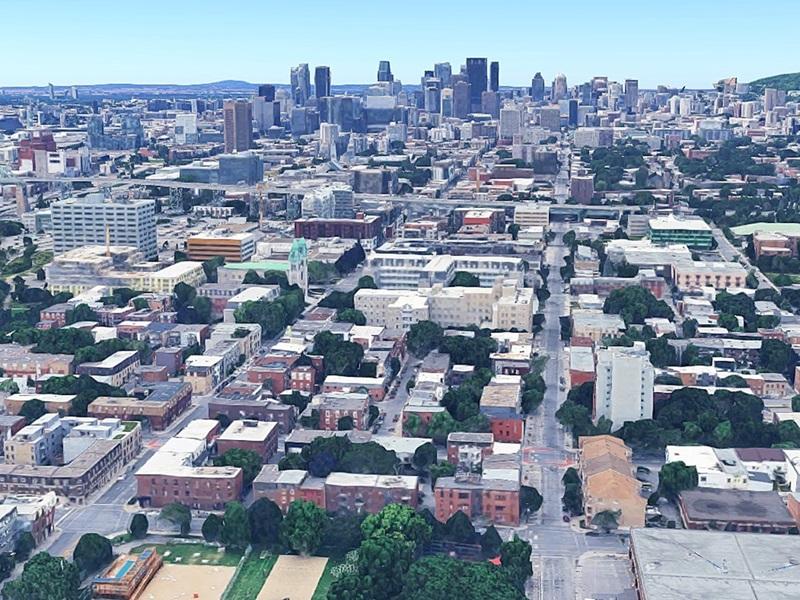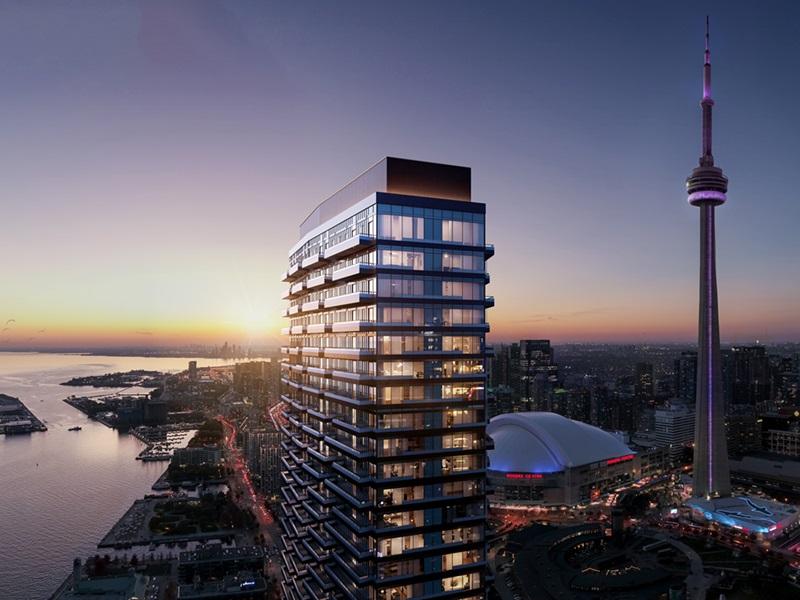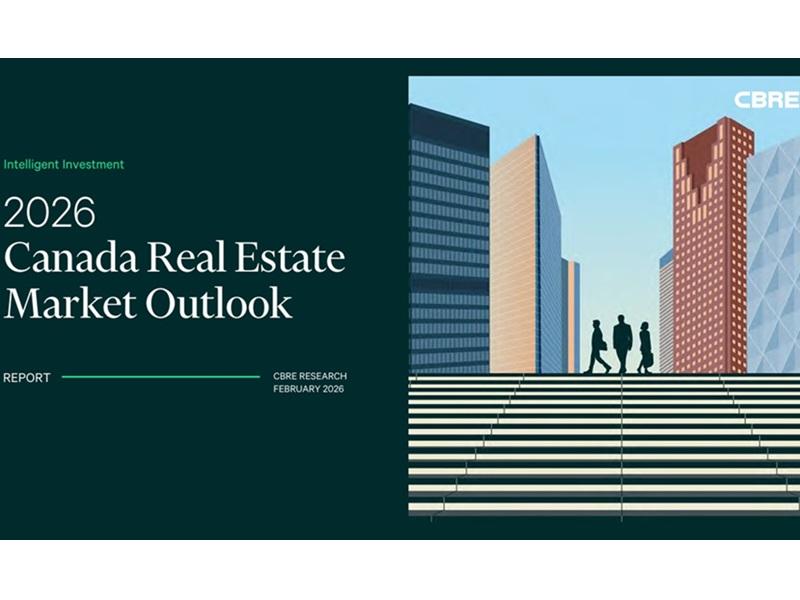
Transactions for high-density land in the Greater Toronto Area are down over 50 per cent from 2022 according to Bullpen Research & Consulting Inc. and Batory Management’s latest GTA High Rise Land Insights Report.
The report's author doesn't expect activity to pick up anytime soon.
There were 24 high-density land transactions in the Greater Toronto Area (GTA) in the first quarter, which averaged 1.6 acres in size and sold for about $34.5 million. There were 51 such apartment and condominium land transactions in Q1 2022.
The average estimated price was $92 per-buildable-square-foot in Q1, a decrease of three per cent annually but an 11 per cent increase from the fourth quarter of 2022. The Q4 2022 price was the lowest tracked since the first report was published in Q4 2017.
Bullpen president and owner Ben Myers attributed the price increase from Q4 2022 to more sales in higher-end locations, and deals that originated when the market was booming from Q2 2021 to Q1 2022 but didn’t close until early 2023. He told RENX prices overall still seem to be trending downward.
“I think it's going to remain relatively slow throughout 2023 and into 2024 in terms of new condo sales,” said Myers.
“I think it will be a little bit depressed just for the fact that interest rates are impacting demand in the marketplace and people will look for deals and many developers are not willing to give those deals yet.
“There's a little bit of a disconnect between where the resale market is and the cost to deliver a new project, and those things are very, very slow to adjust.”
416 prices went up, while 905 went down
After pricing in the 416 area code (most of the Toronto core urban area) dropped to $100 per-buildable-square-foot in Q4 2022, it rebounded in the last quarter to $123, just below the $124 Q1 2022 price.
The Q1 2023 land price in the 905 area code (mainly suburban areas) was $49 per-buildable-square-foot, down 29 per cent annually and nearly 16 per cent below the Q4 2022 price of $58.
The report stressed this doesn’t necessarily imply land values are down almost 30 per cent, as the sample of trades wasn’t large and the composition of sales can vary considerably from quarter to quarter.
The average land price in old Toronto was $160 per-buildable-square-foot from Q1 2018 to Q1 2023, with a low of $140 in 2022 and a high of $187 in 2019. It was $143 in the first quarter of this year.
St. James Town is a downtown neighbourhood near Sherbourne and Wellesley streets that’s perhaps best known from a real estate standpoint for its concentration of 1960s-built high-rise apartments with lower-income tenants.
This area, however, had the most expensive transaction in Q1 at $195 per-buildable-square-foot.
“Sherbourne is not viewed in a negative context in any way anymore,” Myers explained. “You’ve got a luxury rental building by Tricon along that stretch and Concert Properties has a big project there.
“So it's really viewed as what it should be viewed as: an area that's a 10-minute walk from Yorkville, really close to the intersection of two subway lines and just south of the most affluent neighbourhood in the entire city, in Rosedale.
"So it's only natural that that's an area that sees a pick-up in land values over the long run.”
High-density land in the former City of North York sold for $123 per-buildable-square-foot in Q1.
That represents a 17 per cent increase over the 2018 to 2023 sample period average of $105. The low price during the period was $87 in 2019.
The average price in Mississauga has been $56 per-buildable-square-foot during the sample period. The low was $37 in 2019 and the high was $81 in 2021.
Vendors aren’t reducing land prices
Myers said he has anecdotal evidence that vendors remain firm on their land value expectations, but are willing to get creative with financing. These could include vendor-take-back mortgages or partnerships.
“They're bullish on the long-term prospects of this marketplace and they've seen land values trend up pretty considerably over the last 25 years, as new condo pricing has, so most are in no rush to sell,” Myers said.
“We haven't seen any major distress sales out there and I expected to see more of them with some people buying land at inflated prices during the boom and just getting out over their skis, but it seems like we're still a little while away from that.”
Developers continue to underwrite deals and remain convinced that value can be created through entitlements, Myers noted.
They expect a market recovery when inflation further moderates and interest rates remain stable or drop in 2024 and 2025.
“There's certainly the opinion that, just like with all those other crises that we've had over the last 15 years, the market will come back strong,” Myers said.
“Record immigration, relatively strong employment and a desire to live in a global city will keep people here.”
Developers are reluctant to drop unit prices
While there’s typically been a flight to quality locations during softer market conditions in the past, the report said condo investors are now seeking out projects by top-tier developers outside the core and avoiding developers that might have trouble securing financing.
The market is still adjusting to higher interest rates and the lack of new project launches makes it difficult to assess current values, according to the report.
Many developers with existing inventory that have already secured construction financing are choosing to keep prices steady as opposed to reducing them.
“It's a double-edged sword,” Myers said of developers dealing with condo unit investors.
“The market may have retreated and the new market price may be lower, but they may not want to come out at that because that may impact an investor's outlook on the future.”










